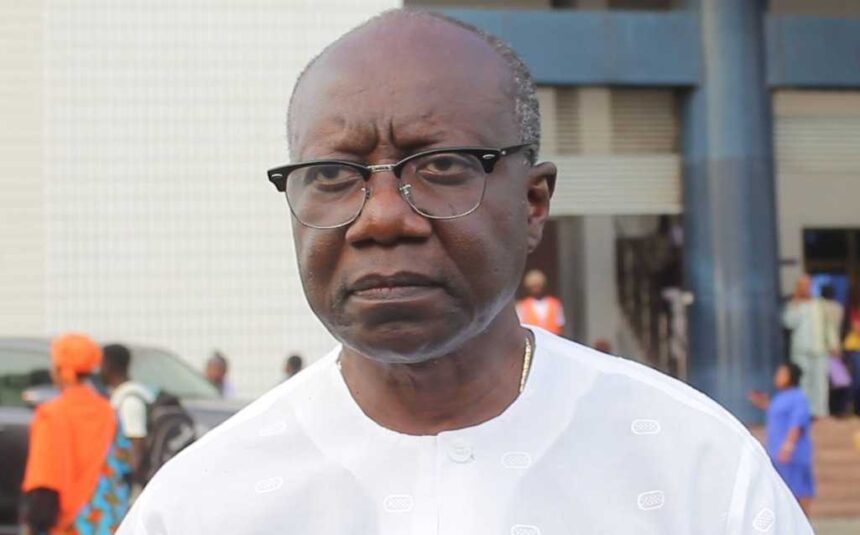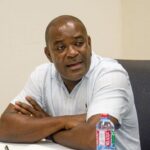In a nation striving for transparency and accountability, the recent developments surrounding former Finance Minister Ken Ofori-Atta have captured public attention. The Office of the Special Prosecutor (OSP) has issued a firm ultimatum: should Mr. Ofori-Atta fail to appear for questioning on June 2, 2025, he will be re-designated as a wanted individual and considered a fugitive from justice.
This situation traces back to February 17, 2025, when the OSP declared Mr. Ofori-Atta a fugitive due to his non-compliance with summons related to multiple corruption investigations. These probes encompass allegations involving the Strategic Mobilization Limited-GRA contract, the termination of the ECG-BXC contract, National Cathedral payments, ambulance procurement, and the utilization of the Tax Refund Account.
In response, Mr. Ofori-Atta formally requested the removal of his name from the wanted list, assuring his availability for questioning on a specified date. Acting in good faith, the OSP complied, contingent upon his personal attendance at the agreed time. The Special Prosecutor has now emphasized that Mr. Ofori-Atta’s presence is “mandatorily required” on June 2, 2025. Failure to comply will result in his immediate re-listing as a wanted person, the issuance of an Interpol Red Notice, and the initiation of extradition proceedings in any jurisdiction where he may be located.
Complicating matters, Mr. Ofori-Atta has initiated legal action against the OSP, seeking an injunction to prevent any further declarations of him being wanted. He contends that the OSP’s actions are unfounded and have caused significant damage to his reputation and personal life. His legal team asserts that he has cooperated with investigators through his lawyers, rendering any attempt to label him a fugitive as unjust and detrimental.
This unfolding scenario underscores the critical importance of accountability and the rule of law in Ghana’s democratic framework. The OSP’s unwavering stance reflects a commitment to enforcing legal standards and ensuring that public officials are answerable for their actions. Conversely, Mr. Ofori-Atta’s legal challenge highlights the delicate balance between investigative authority and individual rights.
As June 2 approaches, the nation watches closely. The outcome of this situation will not only impact Mr. Ofori-Atta but also serve as a litmus test for Ghana’s dedication to justice and transparency. It is imperative that all parties engage constructively, upholding the principles of due process and integrity that are the bedrock of our society.






